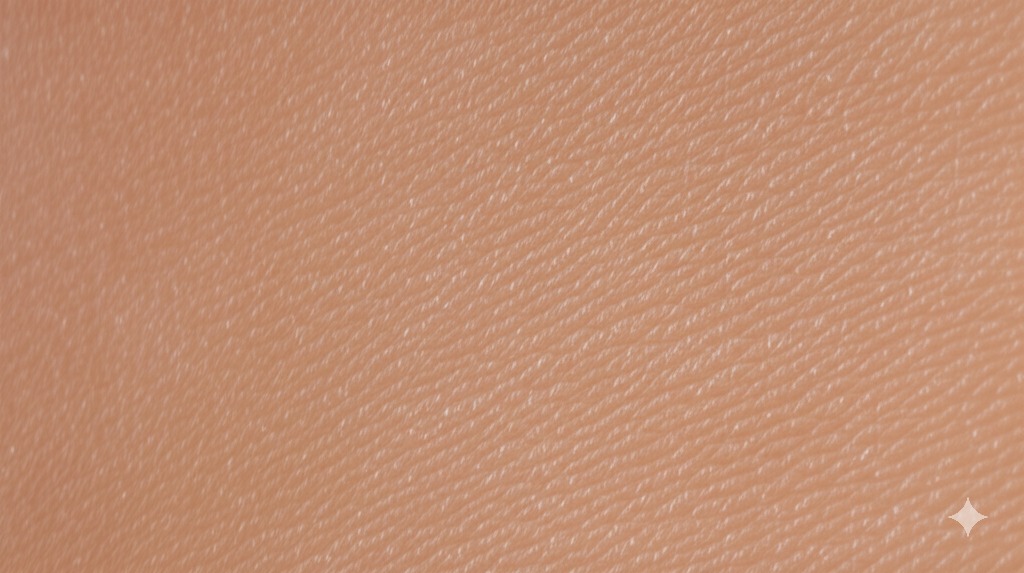
Many individuals experience frustrating skin itching, particularly at night. This discomfort can often be attributed to an overgrowth of Candida, a type of fungus naturally present in the body. Understanding Candida’s behavior and its impact is key to addressing this nighttime itch.
Candida albicans is the most common culprit behind these issues, especially for individuals who are overweight or diabetic. This fungus thrives in environments that promote its growth, and when it proliferates excessively, it can disrupt metabolism and hinder weight loss. This is because Candida releases numerous toxins that acidify the body and contribute to metabolic slowdown.

So, why does the itching seem to intensify during the night? Fungi, including Candida, need three essential elements to thrive: moisture, warmth, and darkness. These conditions are most favorable at night, particularly when someone is in bed. The body’s natural warmth, coupled with the darkness of night, creates an ideal environment for Candida to reproduce and become more active.
During the day, light inhibits the growth of the fungus. However, with the onset of evening, the darkness encourages Candida to flourish, leading to increased itching. This nighttime activity also correlates with cravings for sugary foods. This is because Candida consumes glucose, triggering desires for carbohydrates, sugars, and processed foods, especially as evening approaches.

Persistent nighttime itching suggests a systemic Candida infection, meaning the fungus has spread beyond its typical locations, such as the gut or mucous membranes, and is affecting other parts of the body. Addressing this issue requires more than just topical treatments, such as a change of diet. By changing the fuel source of the Candida, you are starving the fungus and giving your body a chance to get back in balance.


